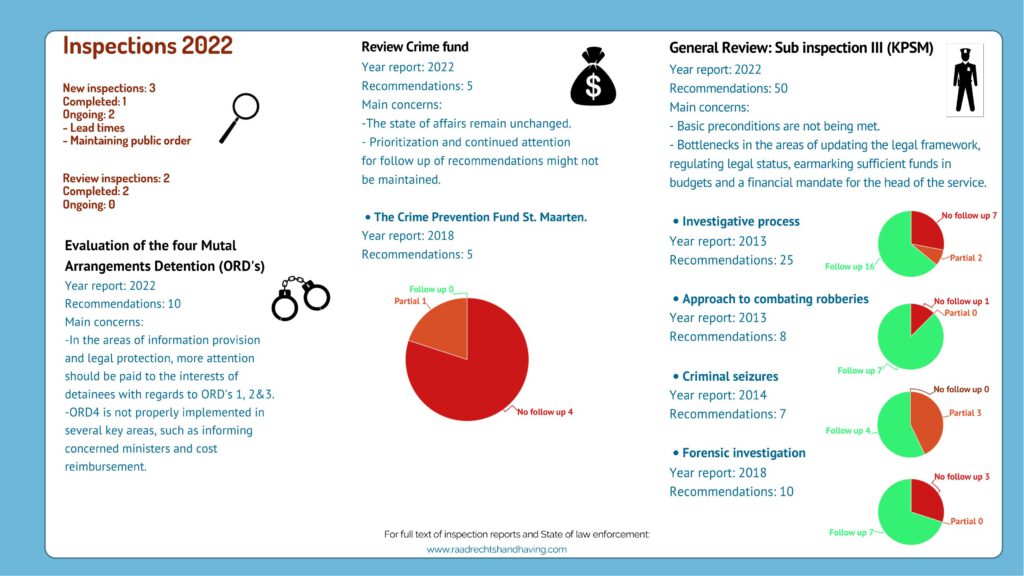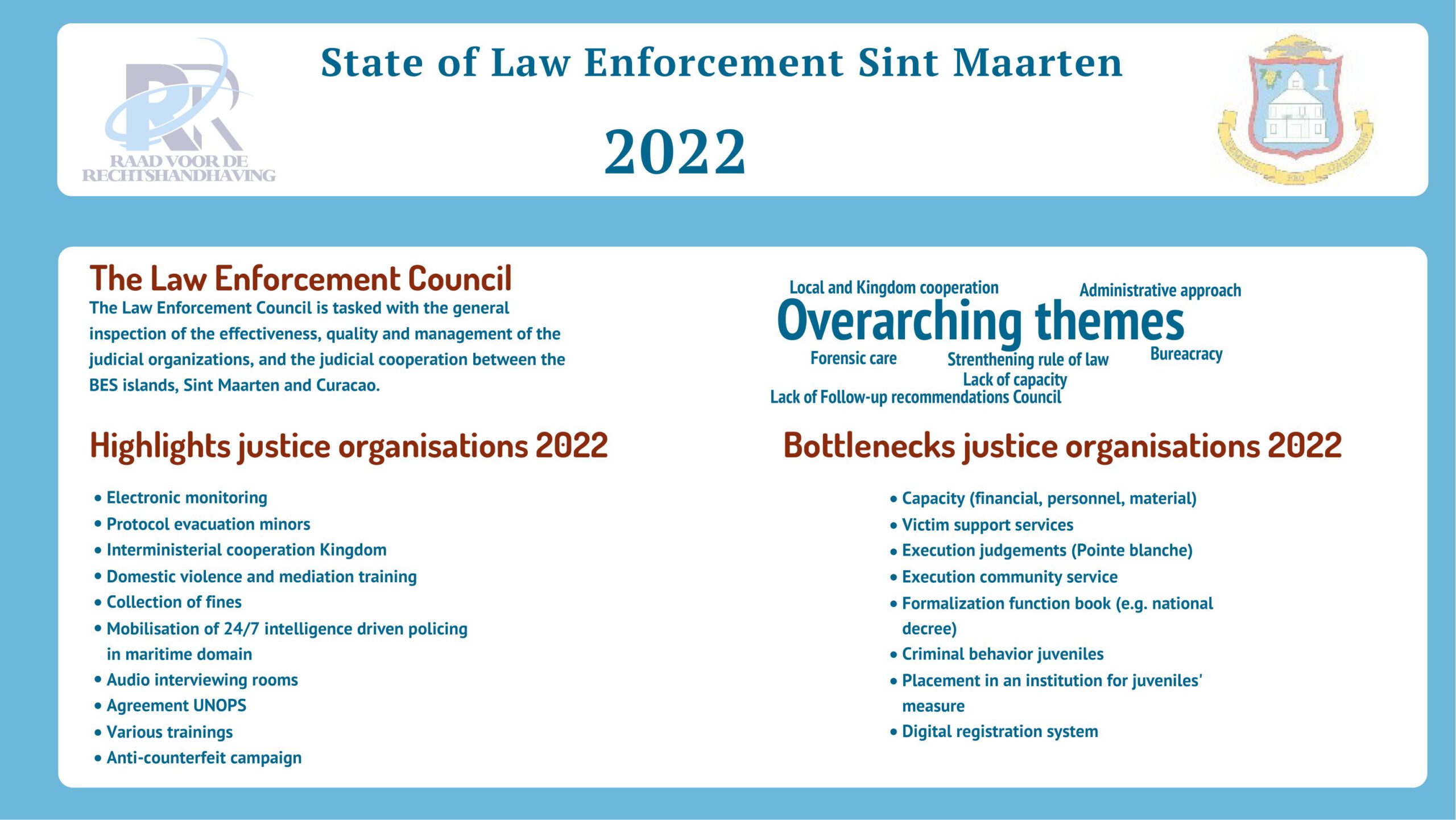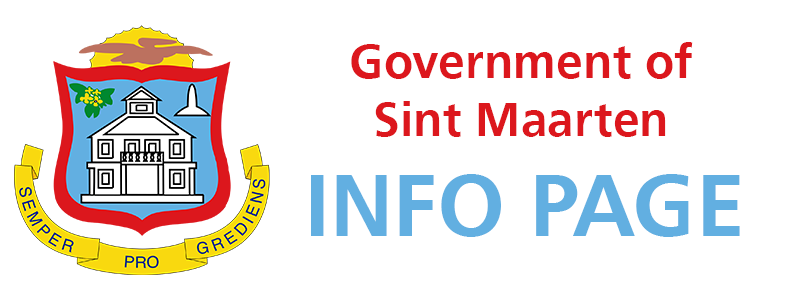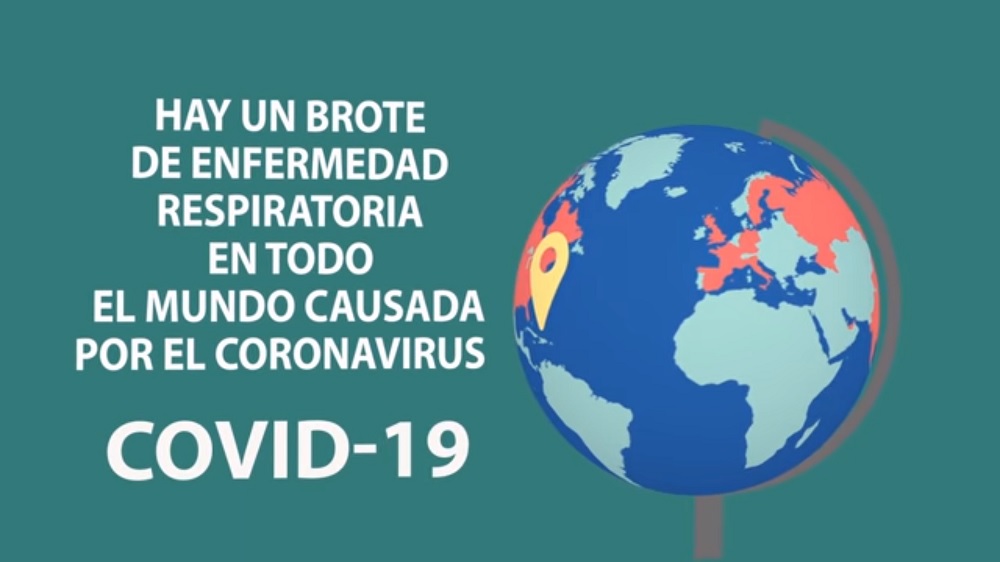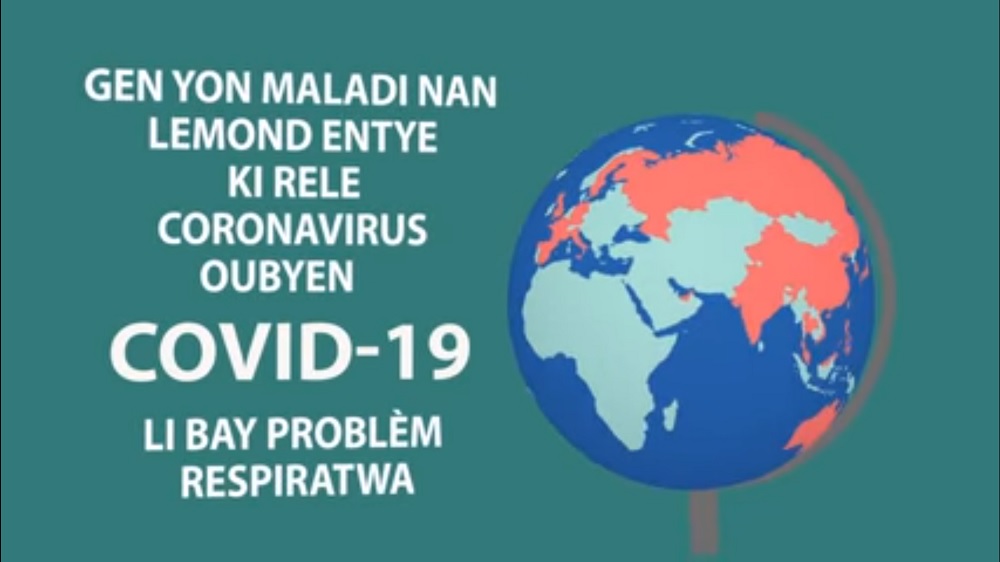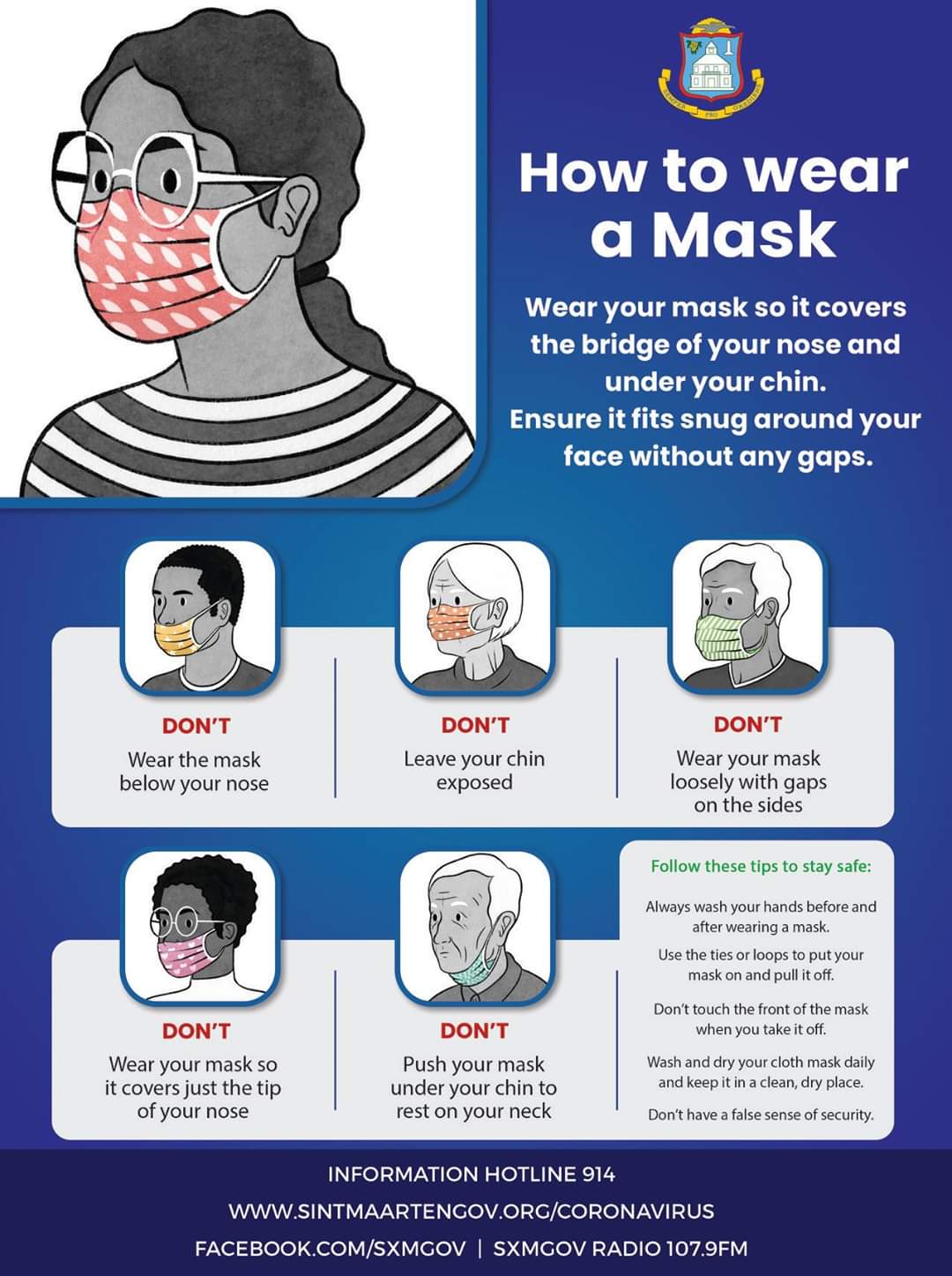Council publishes State of Law Enforcement 2022
PHILIPSBURG, Sint Maarten – At the end of April 2023, the Law Enforcement Council (the Council) presented its most recent State of Law Enforcement (the State) – focusing on the year 2022 – directly to both the Minister of Justice and the Parliament of Sint Maarten. The State 2022 elaborates on the topic of strengthening the rule of law and law enforcement. And focuses largely on the criminal enforcement of the rule of law. Based on developments in 2022 in particular, the Council reflects on various highlights and bottlenecks and their implications and places the criminal enforcement of the rule of law in a broader perspective. This is against the backdrop of the aftermath of the Covid pandemic and on towards the 'new normal'.
Highlights and bottlenecks judicial chain
The Council lists the main highlights and bottlenecks for the Ministry of Justice and each of the various departments.
Highlights
For the Ministry, the commitment to HR-related matters, inter-ministerial and Kingdom cooperation as well as the relaunch of electronic surveillance are highlighted. For the Public Prosecutor’s Office OM, these are restorative justice and mediation, successful investigation, prosecution and convictions, and the collection of fines. The Coast Guard is in full development with new guidelines and the commitment to accomplish a 24/7 information-driven police force. The Sint Maarten Police Force is also working more and more information-driven. Worth mentioning are the new systems, the update of processes, and the new audio interrogation rooms. In addition, training is taking place, and cooperation is an important focus. For the House of Detention and Prison, there were various highlights in 2022, including collaboration with the Netherlands and the United Nations Office for Project Services (UNOPS), the placement of a program team, material improvements, and training. For the youth rehabilitation center, the Miss Lalie Center (MLC), this was the acquisition of pedagogical staff. The highlights of the immigration and border protection services were mainly related to material capacity, including new uniforms and a logo. Furthermore, an 'intelligence center' has been set up with the help of the Royal Netherlands Marechaussee (KMar). In the context of strengthening border control in the Caribbean Countries of the Kingdom, more KMar will also be deployed. The intention is that the Court of Guardianship – which carries out the juvenile probation service, among other things – will fall under the responsibility of the Minister of Justice. This requires legislative changes. Highlights are the personnel capacity, new working methods, and training followed. In 2022, the Sint Maarten Judicial Institutions Foundation – responsible for adult probation – focused on providing new services and improvements in the methods used. Efforts were also made to give, bring about or follow various training and provide information. The focus on restorative justice and mediation was in collaboration with the Public Prosecutor’s Office.
Bottlenecks
In 2022, in addition to its own internally developed registration system, the National Detectives experienced almost only serious bottlenecks. As far as bottlenecks at the various organizations, the lack of financial, personnel, and/or material capacity, in other words, the necessary preconditions for the proper execution of tasks, continues as a common thread throughout almost all organizations in 2022. The prison, the MLC, and the National Detectives stand out.
Opportunities
Although Customs and the Financial Intelligence Unit (FIU) fall under the administrative responsibility of the Minister of Justice, they do not fall under the Council's supervision. The Kingdom Act Law Enforcement Council does offer possibilities in this regard. This can be regulated by national ordinance or by law. As far as Customs is concerned, the focus on counterfeit products is worth mentioning. And for the FIU the National Risk Assessment.
Overarching Theme’s 2022
Based on the developments in 2022, the Council also addresses seven overarching themes in its State of 2022. The Council draws attention on the one hand to the financial difficulties of Sint Maarten and the implemented cuts and on the other hand to the consequences of this for strengthening the rule of law, including the criminal enforcement of the rule of law.
With regard to the above-mentioned subject, the Council also points to the imbalance between investments in inter-insular organizations on the one hand and the lagging or non-associated investments in local judicial services on the other. The lagging behind of investments in local organizations by the government – and in particular in the preconditions needed for carrying out tasks – has been lagging behind for years, creating a waterbed effect.
Furthermore, the Council stresses in this State – as in its inspections and in several previous States – the good development of increasingly intensive cooperation at all levels. And points out the importance of good registration, reliable figures, and thorough (scientific) research.
The Council also addresses forensic care and the implementation of measures (TBS / PIJ). A subject that has been on the agenda of the various Justice Ministers for a number of years. The lack of facilities in this context in the Caribbean part of the Kingdom is and remains a serious bottleneck. And creates bottlenecks concerning the implementation. That is why the Council explicitly calls attention to this subject in its State.
The capacity issue runs like a thread through almost all the topics discussed in the State. Time and again, the capacity shortage and its negative effects emerge across the entire judicial chain. More specifically, this also applies to the shortage of cell capacity. In practice, due to the shortage of cells, difficult choices have to be made time and again. Furthermore, there are sentences that have not yet been executed. Another bottleneck for the judicial chain that keeps coming up is the structure and organization of public finances. The Council questions whether the unique position of the judicial chain is (sufficiently) recognized in certain parts of the government. The fundamentally different starting point from which the judicial system operates requires essentially a different approach, including in terms of payments. The Council sees a possible solution in a financial mandate for heads of departments.
The current crime problem requires not only a criminal law approach but an integral approach, which must include prevention and an administrative approach. The Council sees increasing attention to this at the national level as well as within the Kingdom.
Closing Remarks
Finally, the Council points out that strengthening the rule of law requires, among other things, strengthening the criminal enforcement of the rule of law. This can only be achieved with the necessary attention and investment in this. In light of the increasingly complex, changing, and often a cross-border crime, it can be seen that the pressure on the judicial organizations in Sint Maarten is increasing due to the partial or total lack of essential preconditions such as financial, personnel, and material capacity required for the execution of the tasks. Although all justice personnel is committed on a daily basis, the lack of the necessary investments hinders the professionalization of various organizations. If Sint Maarten wishes to have a professional judicial chain and thus law enforcement that can combat crime together with other relevant partners, substantial investments must be made in this regard. If this does not happen, it will be at the expense of the effectiveness of law enforcement, and with that, the security of Sint Maarten will be compromised. The Council therefore specifically draws attention to this in this State and points out the associated risks if this does not occur. The Council therefore specifically advocates in this State 2022 for support from those responsible so that efforts can (continue to) be made towards the common goal, which is to make Sint Maarten as safe as possible.
The State of Law Enforcement with infographic and all other publications by the Council are available digitally on the website: www.raadrechtshandhaving.com.
